In many parts of Africa, agriculture is largely based on traditional methods. As a result, farmers are often at the mercy of the weather and other elements that can ruin crops. Crop insurance can help to mitigate these risks and protect farmers’ livelihoods. Digital agriculture is also playing a role in Africa. For instance, farmers use mobile apps to track weather patterns and soil moisture levels. Let’s check out the crop insurance role in driving smart digital agriculture in Africa below.

This information can help them decide better when to plant and how to care for their crops. Crop insurance and digital agriculture are two important tools that can help to drive smart agriculture in Africa. Working together can help improve yields, reduce losses, and protect farmers’ livelihoods. Crop insurance is going to play a big role in Africa soon.
Crop insurance role in driving smart digital agriculture in Africa
How digital technology is changing farming in Africa
In recent years, digital technology has been revolutionizing farming in Africa. Farmers are using GPS-enabled devices to map their crops and track the weather and mobile apps to monitor prices and sell their produce. Digital technology is also helping African farmers to connect and share information. Social media platforms like WhatsApp and Facebook are used to organize farmers’ markets and exchange tips on good agricultural practices. Digital technology is also making it easier for African farmers to access finance.
Many online platforms allow farmers to apply for loans and grants. In addition, mobile money services make it easier for farmers to receive payments for their products and services. Overall, digital technology is transforming farming in Africa, making it more efficient and sustainable. With the right support, digital technology can help African farmers overcome climate change, food insecurity, and poverty challenges.
In case you missed it: Farming Business Plan PDF: for Poultry, Livestock, Agriculture, Horticulture, Greenhouse, and Hydroponic
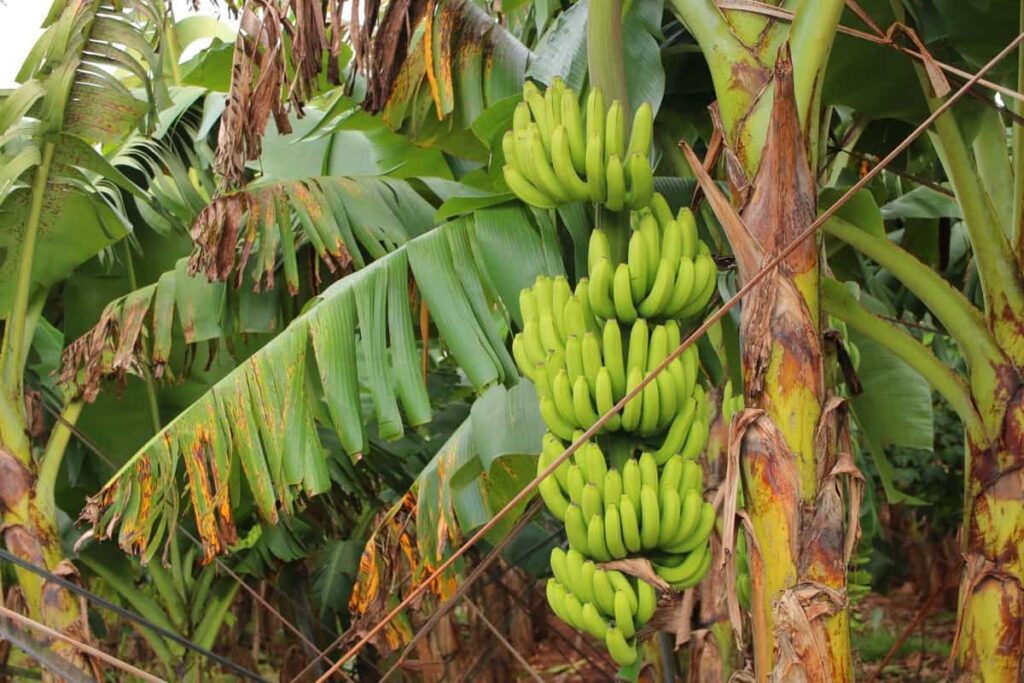
Status of digital agriculture in agriculture in Africa
The digitalization of agriculture is an important trend in Africa. It has the potential to improve the crop yield and productivity of the agricultural sector and provide smallholder farmers with greater access to market information and services. However, there are significant challenges to the widespread adoption of digital technologies in agriculture in Africa. These include the high cost of technology, lack of infrastructure, and limited technical skills.
In addition, many smallholder farmers need to be made aware of the potential benefits of digitalization and so are not motivated to invest in it. Despite these challenges, there are some success stories of digital agriculture in Africa. For example, mobile phone-based applications provide farmers with weather information and market prices.
In addition, digital platforms are being used to connect smallholder farmers with buyers and input suppliers. However, the future of digital agriculture in Africa will largely depend on the ability of governments and private sector actors to address the challenges mentioned above. If they are successful in doing so, digitalization could transform the agricultural sector in Africa, making it more productive and efficient and benefiting smallholder farmers across the continent.
In case you missed it: Plant Growth Regulators in Agriculture and Horticulture: How to Use for Higher Yields and Benefits
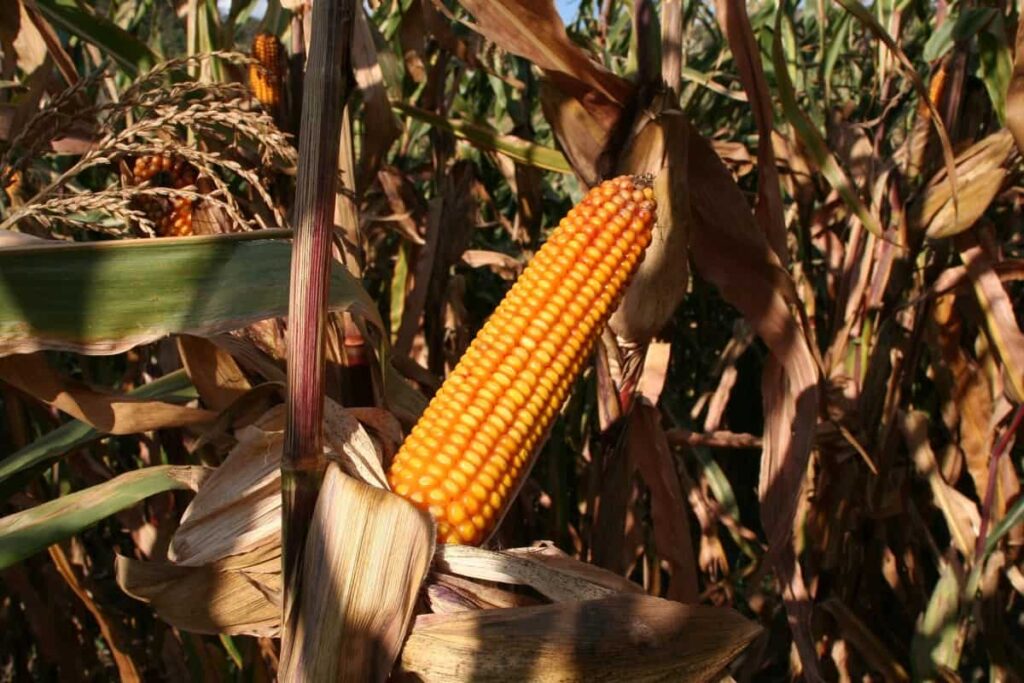
What is crop insurance?
The crop insurance is a risk management tool that helps farmers protect their crops and income from losses due to adverse weather conditions, pests, and other hazards. In addition, in the event of a crop failure, crop insurance can provide farmers with financial assistance to help them recover their losses and continue farming. Crop insurance is an important part of smart digital agriculture in Africa because it helps farmers reduce risks and improve their chances of success.
By using data from weather satellites, climate models, and other sources, African farmers can get real-time information about conditions on their farms and make decisions accordingly. For example, if a farmer knows there is a high risk of drought, he can protect his crops by irrigating them more often or planting drought-resistant varieties. In addition to reducing risks, crop insurance can help farmers access credit. Many banks and other financial institutions require borrowers to have crop insurance before they extend loans.
This is because crop insurance provides lenders with security against loan defaults in the event of a crop failure. Crop insurance is not only beneficial for farmers; it also benefits society as a whole. For example, food prices typically go up when crops are damaged or destroyed by natural disasters due to supply shortages. If more people are insured against crop failures, there will be less need for price hikes after disasters, stabilizing food prices and ensuring everyone has access to affordable food.
In case you missed it: Vertical Hydroponic Farming: A Growing Trend In Urban Agriculture
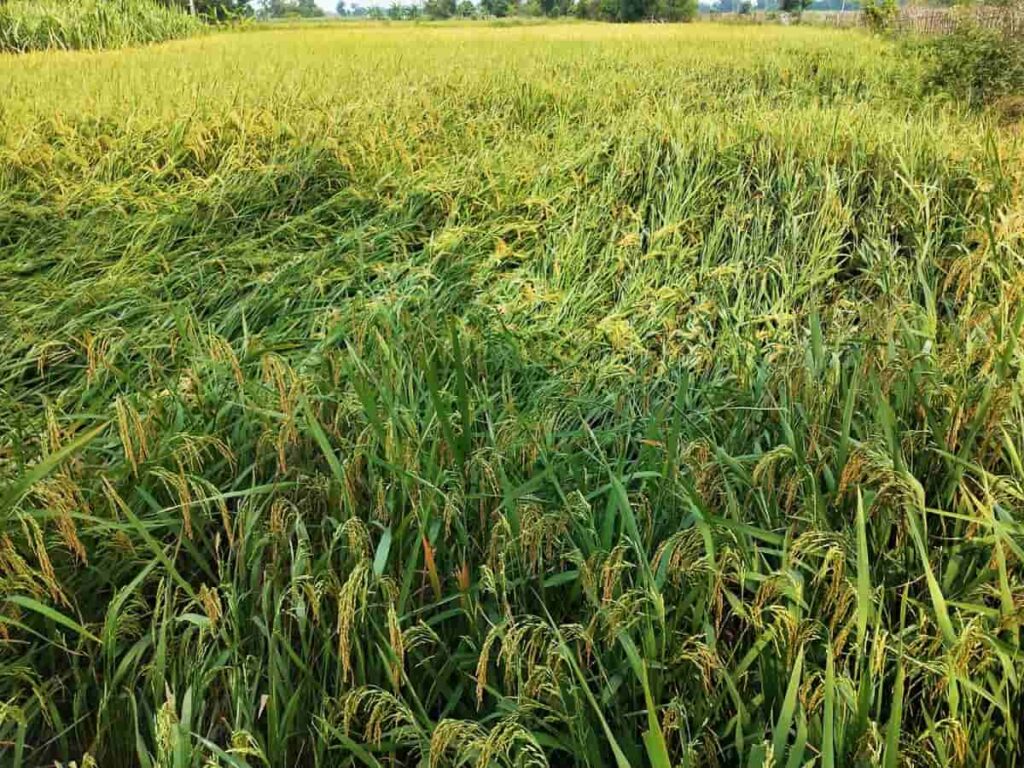
Role of crop insurance in digital agriculture
The crop insurance is an important tool for farmers to manage risk and protect their livelihoods. In Africa, where agriculture is a backbone of income for many households, crop insurance can help reduce the impact of climate shocks and other risks on farmers’ incomes. Digital agriculture is emerging as a powerful tool to help farmers improve their productivity and resilience.
By harnessing data and technology, digital agriculture can help African farmers make more informed decisions about when to plant, how to manage their crops, and what inputs to use. Crop insurance can play a vital role in supporting digital agriculture in Africa. By providing financial protection against crop losses, crop insurance can help reduce the risk of investing in new digital technologies.
In addition, by offering timely payouts in the event of a loss, crop insurance can help farmers recover from setbacks and continue using digital technologies to improve their operations. As digital agriculture grows in Africa, crop insurance will become an increasingly important tool for protecting farmers’ livelihoods and investments.
In case you missed it: Emerging Trends in Agriculture in India: A Guide to Future of the Farming
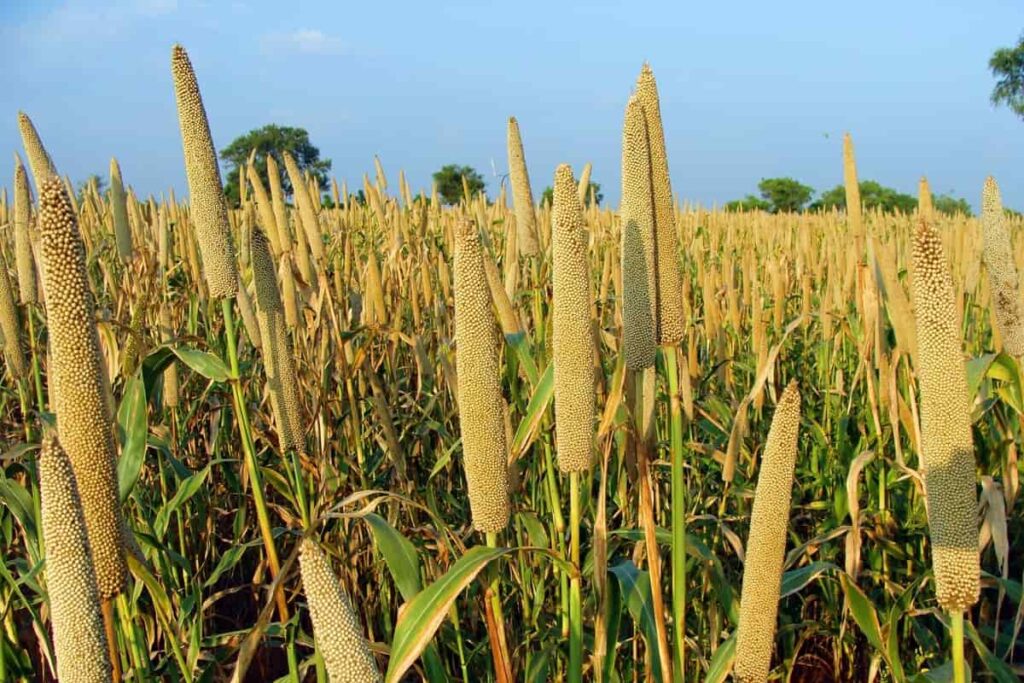
How crop insurance can help drive smart digital agriculture in Africa
Crop insurance is a vital tool for driving smart digital agriculture in Africa. By protecting farmers against yield losses due to weather-related risks, crop insurance can help reduce the financial impact of droughts and other natural disasters. In addition, this can help farmers invest in new technologies and practices that can improve their productivity and resilience to climate change. In addition, crop insurance can help drive agri-tech innovation by providing a market for new risk-management solutions.
For example, insurance companies increasingly use satellite data to assess crop yields and better target payouts. This incentivizes companies to develop new digital technologies that can improve the accuracy of yield predictions. Overall, crop insurance is key to enabling smart digital agriculture in Africa. By helping to mitigate the financial risks associated with climate change, crop insurance can help African farmers adopt new technologies and practices that will improve their productivity and resilience.
Benefits of crop insurance for African farmers
Crop insurance is an important tool for African farmers. It helps them to manage risk and protect their livelihoods. The crop insurance provides a safety net for African farmers in case of crop loss due to natural disasters or other events beyond their control. It can help farmers recover from losses and continue farming. Crop insurance encourages farmers to adopt new technologies and practices that can reduce risks, such as climate-smart agriculture. This can help African countries achieve their development goals and improve food security.
In case you missed it: A Guide to Regenerative Agriculture: What is Regenerative Agriculture?, How to Start from Scratch
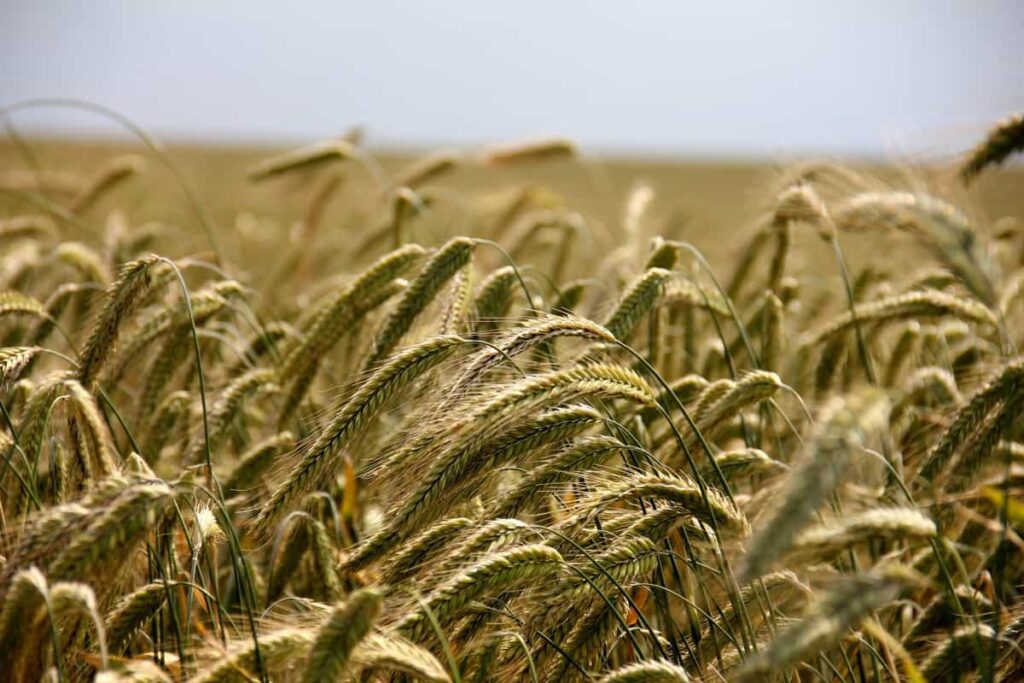
Conclusion
The role of crop insurance in driving smart digital agriculture in Africa is evident. By providing farmers with the security they need to invest in new technology, crop insurance allows them to take advantage of the many benefits of digital agriculture. From increased yields to improved water management, digital agriculture has the potential to transform African agriculture and improve the lives of millions of African people. With the right support, crop insurance can play a vital role in making this a reality.
- Crops Grown in Summer Season: Best Choices for Summer Gardening
- Organic Pest Control for Tomato Farming
- How to Maximize Sheep Farming Profit
- Broccoli Varieties: Choosing the Right Cultivars for Your Farm
- How to Raise Pigs in Your Own Backyard: A Comprehensive Guide
- Budget Friendly Sheep Shed Ideas: Cheap and Low-Cost Tips
- How Much Do Cattle Farmers Make: Revenue Streams in Cattle Farming
- Management Pests and Diseases in Your Cotton Field
- Sheep Farming Business Plan for Beginners
- Aquaponic Farming at Home: A Step-By-Step Guide
- Profitable Village Farming Business Ideas in 2024
- High-Yield Aquaculture: Fast-Growing Fish for Farming
- Effective Fish Pond Construction Techniques for Beginners
- Irrigation and Water Management in Pineapple Farming
- Blossom to Harvest: Mastering Flowering and Pollination in Papaya Farming
- Pig Fattening Essentials: From Selection to Sale for Beginners
- Raising Wagyu Cattle: A Complete Guide for Premium Beef Production
- Soil Types and Their Water Holding Capacity
- Optimizing Irrigation Schedules for Coconut Groves for Enhanced Yield
- Espresso Your Garden: Coffee Grounds for Healthier Acid-Loving Plants
- The Best Soil Mix for Snake Plants: How to Mix Your Own Snake Plant Soil
- Green Thumb Success: Expert Tips for Cultivating Greenhouse Beans All Year Round
- Bloom All Year Round: The Ultimate Guide to Indoor Hyacinth Care
- Eco-Friendly Gardening: How to Make Liquid Fertilizer from Kitchen Waste
- Ultimate Guide to Grow Anise in Pots: Explore Seed Propagation to Harvesting
- Guide to Raising Chester White Pigs: Discover Breed Facts to Growth Management
- Mastering the Elegance: The Ultimate Guide to Weeping Cherry Tree Care, Planting, and Maintenance
- Ultimate Guide to Planting Garlic in Grow Bags: Growing Strategies for Beginners
- How to Fix Spider Plant Leaf-Related Problems: Natural and Organic Remedies
- 10 Reasons Why Your Tulsi Plant is Shedding Leaves: Home Remedies and Solutions
- Optimizing Growth and Yield: The Advantages of Palm Bunch Ash Fertilizer
- Utilizing Neem Oil Extract as a Natural Pesticide for Hydrangea
- From Soil to Harvest: Various Ways in Which Farmers Can Use AI Tools
- Steps to Encourage and Induce Citrus Flowers: A Comprehensive Guide
- How to Fix Snake Plant Leaf-Related Issues: Natural and Organic Remedies
- Transform Your Garden into a Fragrant Oasis with Raat Ki Rani (Night Blooming Jasmine)
